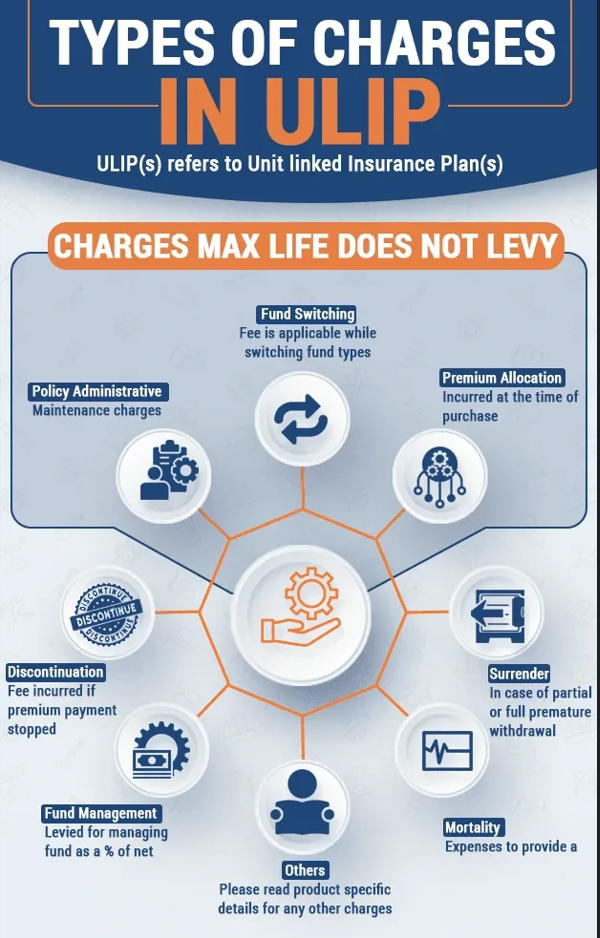India Real Estate’s Analysis Of
Budget 2015-‘16
by Mr. Anuj Puri, JLL India
Cumulative savings Rs. 4.44 lakh
In this year's budget, the Finance
Minister has conveyed a message wherein the benefits lie only in the fine
print. For the common man, though the cumulative savings implied by various
provisions are stated to be to the tune of Rs. 4.44 lakh, this is assuming a certain
magnitude of personal investments into pension funds and health insurance.
The budget has not provided any
additional relief via increased income tax deduction limit or on repayment of
housing loans. The regime on these fronts which was announced during the
previous budget from eight months ago remains unchanged. This is a
disappointment, since there was expectation that the Finance Minister would
further increase either or both of these limits and thereby address the reality
of high property prices in India.
 |
| Anuj Puri, JLL India |
The budget is low on big bang
reforms and real estate is only an indirect beneficiary at best:
• Smart Cities:
The budget did not provide any
details on this initiative taken by the Government. Factors such how it will
define these cities & which cities have been identified remain unclear.
However, increased allocations for rail-road
development, penetration of education and training centres and towards the
Digital India initiative could contribute to the shaping of Smart Cities in the
country.
• GST..!
The Finance Minister has announced that GST
will commence from the next financial year and has increased service tax and
central excise duty as a preparatory measure for its deployment.
This puts an
end to the speculation on when GST would finally become a reality.
• REITs..!
The Finance Minister has said that he proposes
to rationalise the capital gains regime for REITs, but has not given any
specifics.
This could mean that the sponsor of a REIT may get a one-time
capital exemption in exchange for units, but this needs to be confirmed.
• Wealth Tax..!
Wealth tax has been eliminated and a new Super
Rich tax has been put in place. Thus, instead of valuing personal assets
(including property of individuals), the government has decided to do away with
that process and introduce a Super Rich Tax that simply levies an additional 2%
surcharge on incomes of those individuals earning RS. 1 crore and above.
This is positive on two front – 1)
with the previous applicability limit of INR 30 lakhs, practically every urban
households came under the ambit of wealth tax, and 2) Simplifies the tax
structure and collection mechanism.
• Transparency..!
Incentivising usage of wired money rather than
cash transactions has significant pertinence to real estate, which is one
sector where cash transactions have been impacting transparency.
Another boost
to transparency in the real estate sector is the enhanced punitive measures
which will now be taken on concealment of assets, including benami properties.
• Visa on Arrival..!
The visa on arrival program has been increased
to cover 150 countries from the previous 43, which will lead to a huge step
forward for tourism in India.
This is a huge plus for hospitality real estate
and will also significantly amplify destination retail in the country.
• Alternative Investment Funds..!
The government will allow foreign
investment in Alternative Investment Funds (AIFs), a category of pooled-in
investment vehicles for real estate, private equity and hedge funds.
AIFs are
funds established or incorporated in India for the purpose of pooling in
capital from Indian investors for investing as per a pre-decided policy.
About the author.
Mr. Anuj Puri is Chairman & Country Head at
JLL India











































